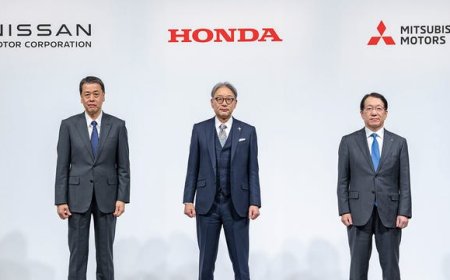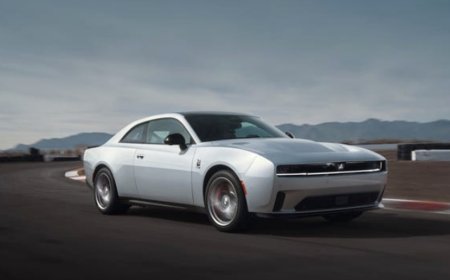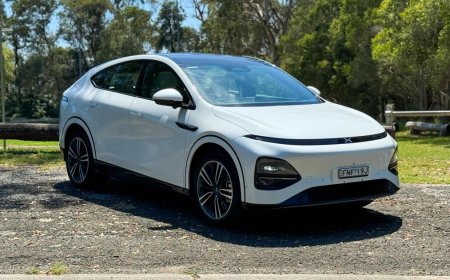25% tariff on imports? Consumers doomed?
A 25% tariff on Canadian and Mexican imports could drive up car prices, disrupt supply chains, and strain automakers already grappling with industry-wide challenges.
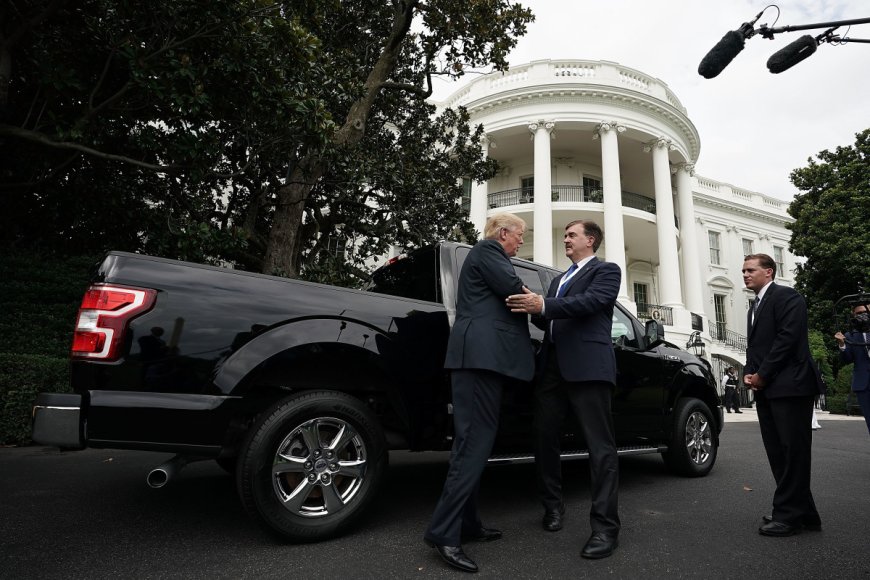
President-elect Donald Trump’s plan to impose a 25% tariff on imports from Canada and Mexico has sent shockwaves through the auto industry. Automotive manufacturing facilities across the United States depend heavily on cross-border manufacturing and parts. If implemented, the tariff could turn into a financial crisis for automakers and parts suppliers alike.
Patrick Anderson, CEO of Michigan consulting firm Anderson Economic Group, underscored the risk: “There is probably not a single assembly plant in Michigan, Ohio, Illinois, and Texas that would not immediately be affected by a 25% tariff.”
Popular vehicles like the Ram pickup, Chrysler Pacifica, Chevrolet Silverado, and Ford Maverick—produced in Mexico or Canada—would see their prices skyrocket. Such increases could dent sales, lead to layoffs, and contribute to inflation, affecting more than just the auto sector.
Related: Newsom’s EV rebate would counter Trump cuts, Tesla likely excluded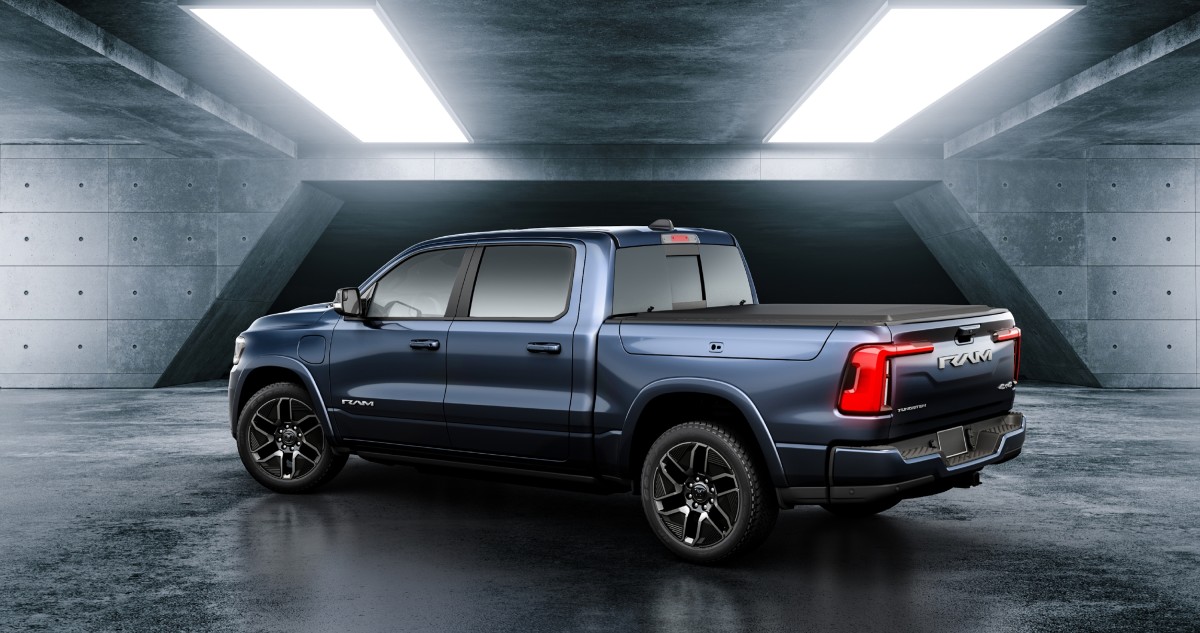
An already struggling industry
The proposed tariffs come at a precarious time for the industry. Automakers are grappling with sagging consumer demand, an EV transition, and rising competition from Chinese brands like BYD.
For example, Stellantis, which owns Jeep and other brands, reported a 27% sales drop in the third quarter of 2024 compared to the previous year. Even traditionally profitable luxury brands like BMW and Mercedes-Benz, which also produce some of their vehicles in Mexico, are reporting slimmer margins.
Related: GM lays off 1,000 workers, even as it nears record profits
Layoffs are also mounting. Nissan recently announced plans to cut 9,000 jobs globally, with factories in Mexico and the U.S. feeling the strain. Volkswagen, which produces vehicles in Mexico and Tennessee, is reportedly considering closing some European factories due to falling demand.
Ripple effects on supply chains
The integration of the U.S. auto industry with Canada and Mexico is the foundation of its operations. Mexican and Canadian factories source parts from American suppliers, and those parts flow back and forth across borders seamlessly.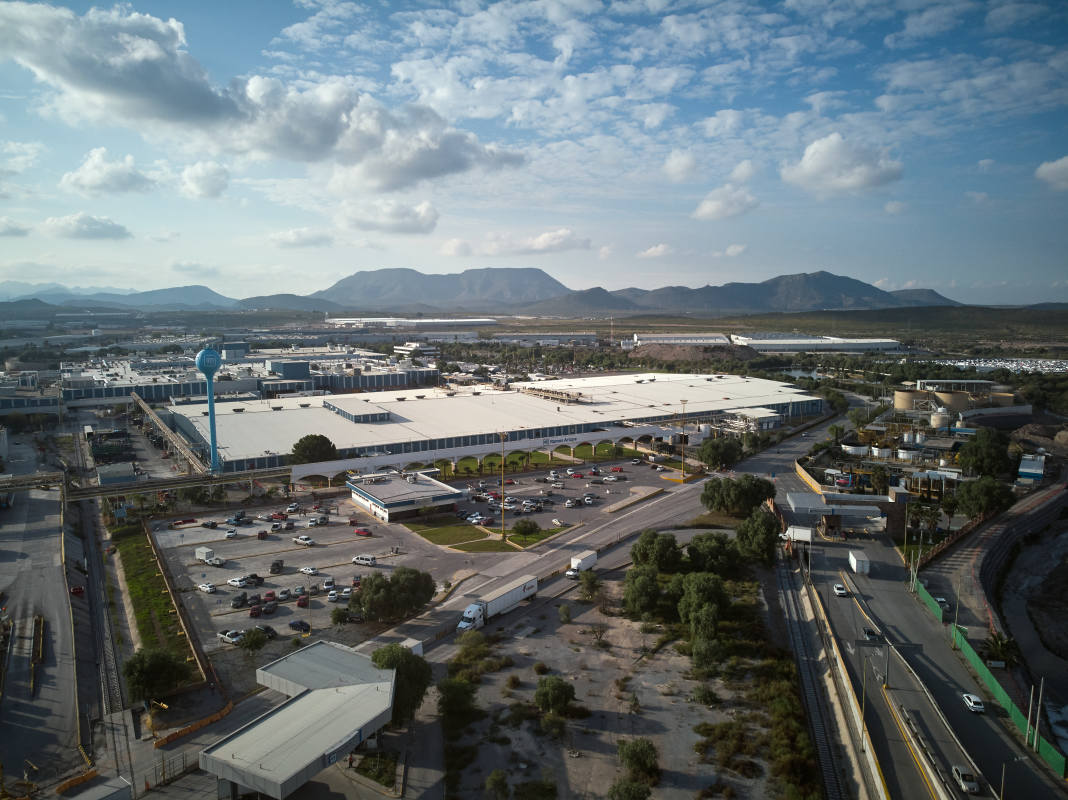
Even brief disruptions can cause major headaches. In 2022, protests blocking the Windsor-Detroit bridge forced automakers like Toyota, Ford, and Stellantis to halt U.S. assembly lines due to parts shortages.
“Southern Ontario is closer to Detroit auto plants than the supply plants in Indiana, Ohio and Kansas are,” said Erik Gordon, a professor at the University of Michigan. A tariff could disrupt this delicate supply chain, akin to New York City imposing a tax on food and fuel imported from New Jersey, he noted.
Economic and geopolitical concerns
Trump has justified the tariff proposal as a measure to address illegal immigration and drug trafficking from Mexico and spur investment in domestic manufacturing. However, experts warn that such tariffs could backfire economically and politically.
Job losses in Mexico’s auto sector—where over one million people work—could trigger economic instability and even increase migration to the U.S. Analysts also warn that these policies could push Mexico closer to China. Chinese automakers like BYD and Geely are already building a presence in Mexico, and a prolonged tariff standoff could accelerate this trend.
“As the economy goes, there goes prosperity,” said Anna Nagurney, a professor specializing in supply chains. “It can have spillover effects.”
Related: Volkswagen’s U.S. CEO steps down amid turbulence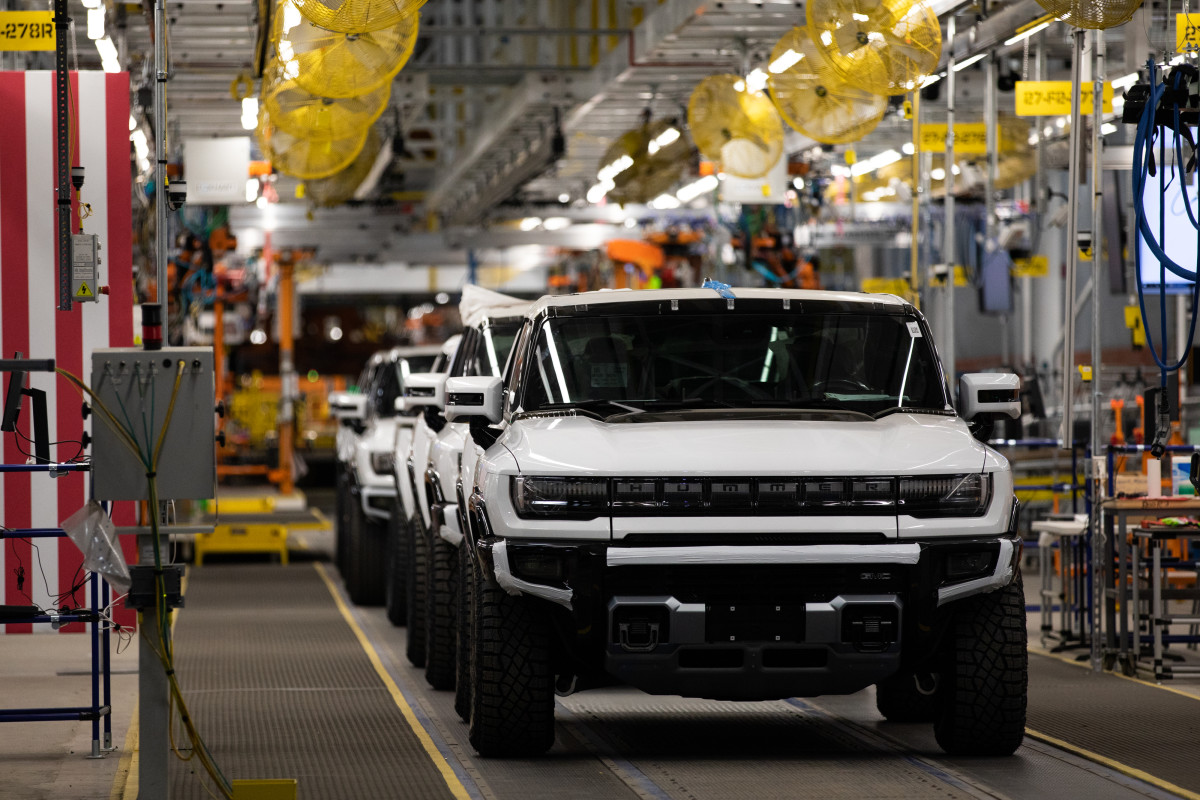
Industry in flux amid uncertainty
The auto industry is already navigating significant disruption. Legacy automakers like General Motors and Ford have poured billions into EV production and battery manufacturing, buoyed by Biden-era subsidies. Trump’s promise to eliminate these subsidies would further complicate their transformation efforts.
“The auto industry is in the process of a transformation that is the biggest tech upgrade in history,” said Dimitry Anastakis, a University of Toronto history professor. “They are looking for as much stability as possible as they navigate this disruptive landscape. To throw a spanner in the works is not helpful.”
Related: Massive strikes threaten Volkswagen amid tensions over layoffs and pay cuts
Wall Street and automakers react negatively to the news
The financial markets are already reflecting jitters over Trump’s tariff threat. General Motors’ stock dropped 9% after the news, while Stellantis fell 6% and Ford slipped nearly 3%.
Ford signaled that its stock price was less affected by the news due to its manufacturing concentration in the U.S. “Ford is the most committed to building in America among the major automakers.” Meanwhile, BMW emphasized the importance of free trade for global growth and employment, though it refrained from commenting directly on the tariff threat.
There is still hope for a negotiated solution
Some experts speculate that the tariff proposal might be more of a bargaining tactic than a firm policy. By raising the stakes, Trump could push Canada and Mexico to offer concessions even before negotiations formally begin.
“People in China and Canada are thinking about concessions they could make before there is even anything on the table,” said Richard Baldwin, an economics professor at the International Institute for Management Development in Switzerland.
However, with automakers already stretched thin, the mere threat of tariffs adds another layer of uncertainty to an industry undergoing historic change. Whether Trump’s strategy pays off or deepens the auto sector’s woes remains to be seen.
Related: Rivian secures $6.6B federal loan for GA factory
Final thoughts
Trump’s tariff proposal represents a gamble for the auto industry. While it could bring jobs to U.S. soil, the immediate fallout—higher car prices, job losses, and supply chain chaos—may outweigh the long-term benefits. As the industry braces for impact, automakers must prepare for a world where cross-border collaboration is no longer guaranteed.

